Home>diy>Building & Construction>Questions To Ask When Building A House
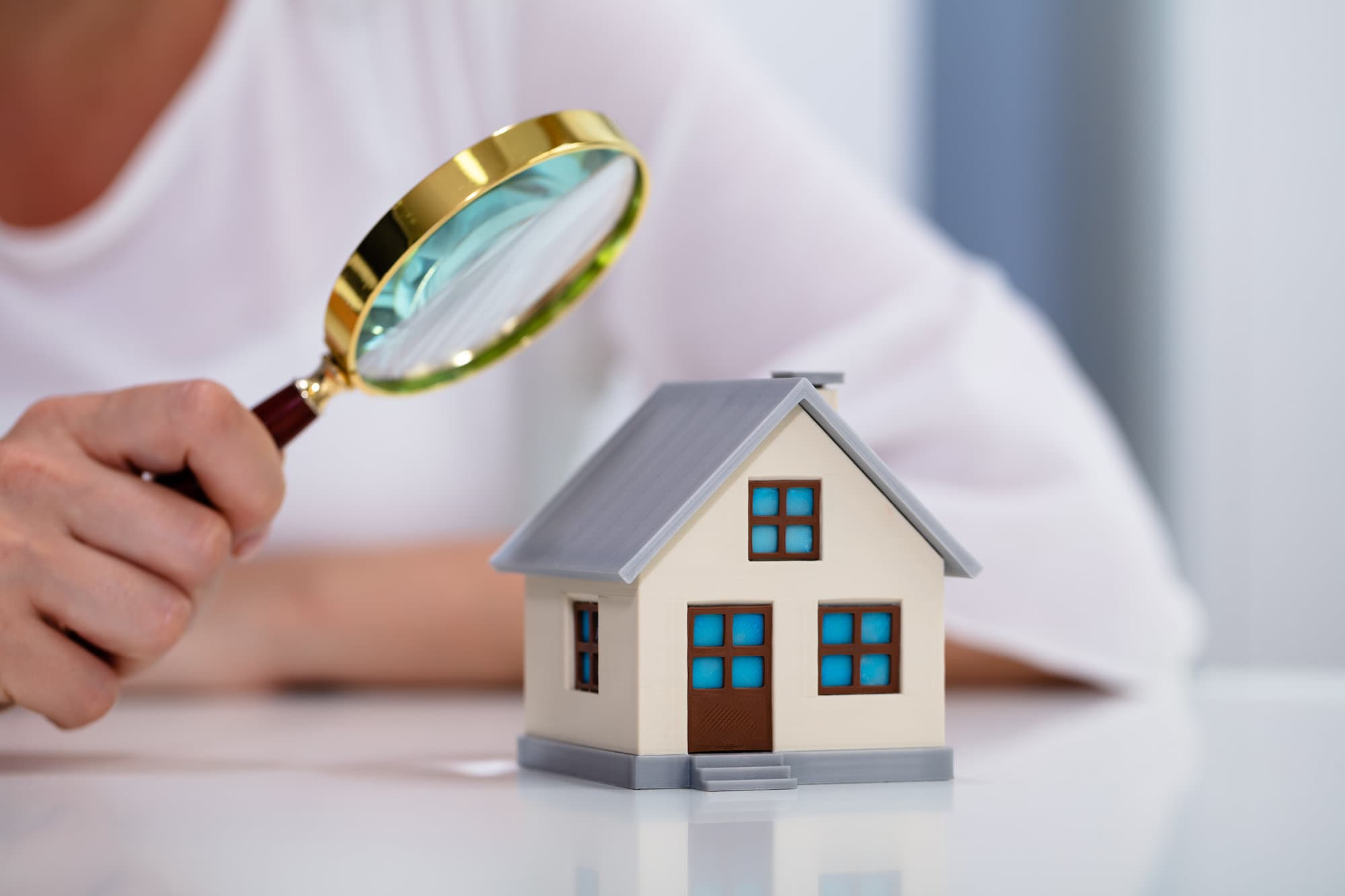

Building & Construction
Questions To Ask When Building A House
Modified: January 24, 2024
Looking to build a house? Ask these essential questions to ensure a smooth construction process and avoid costly mistakes. Get expert advice on building and construction.
(Many of the links in this article redirect to a specific reviewed product. Your purchase of these products through affiliate links helps to generate commission for Storables.com, at no extra cost. Learn more)
Introduction
Building a house is an exciting and rewarding experience. It allows you to create a home tailored to your exact needs and preferences. However, the process of building a house can be complex and overwhelming without proper planning and guidance. To ensure a successful project, it’s essential to ask the right questions before embarking on your construction journey.
In this article, we will discuss the important questions to ask when building a house. These questions will help you make informed decisions, avoid costly mistakes, and ensure that your dream home becomes a reality.
So let’s dive into the key areas you need to consider when building your new home.
Key Takeaways:
- When building a house, ask crucial questions about location, design, construction materials, budget, permits, and the builder. This ensures a successful and rewarding home-building experience.
- Consider energy efficiency, home automation, security systems, plumbing, HVAC, flooring, and warranty for a well-rounded approach to building a new home. Asking the right questions leads to a comfortable and sustainable living space.
Location and Lot
Choosing the right location for your new home is crucial. The location will not only affect your lifestyle but also impact the value of your property. Here are some questions to ask regarding the location and lot:
- What is the proximity to essential amenities such as schools, hospitals, grocery stores, and transportation?
- Is the neighborhood safe and well-maintained?
- Are there any future development plans or potential disruptions in the area?
- Does the lot have any potential drainage or soil stability issues?
- What is the orientation of the lot? Consider factors such as sunlight, prevailing winds, and the potential for noise pollution.
- Are there any zoning restrictions or homeowners association rules that may impact the design or use of your property?
- Is the lot size suitable for your needs and future plans? Consider factors such as outdoor space, landscaping, and potential expansions.
- What is the access to utilities such as water, electricity, gas, and internet?
By asking these questions, you can ensure that your chosen location and lot align with your lifestyle and long-term goals.
Design and Layout
The design and layout of your house play a significant role in its functionality, aesthetics, and overall comfort. Here are key questions to consider when it comes to design and layout:
- What architectural style do you prefer? Modern, traditional, contemporary, or a fusion of different styles?
- How many bedrooms and bathrooms do you need? Do you plan to have a guest room or a home office?
- Do you prefer an open floor plan or separate rooms for each living area?
- How important is natural light to you? Consider the placement of windows, skylights, and glass doors.
- Do you need any special features like a basement, attic, or a dedicated space for hobbies or entertainment?
- What is the flow of the house? Are the rooms well-connected and easily accessible?
- Do you have any specific accessibility requirements? Consider features like ramps, wider doorways, and grab bars.
- What are your storage needs? Think about adequate closet space, built-in shelving, and options for future expansion.
By answering these questions, you can work closely with your architect or designer to create a house layout that not only aligns with your lifestyle but also maximizes the functionality and comfort of your living spaces.
Construction Materials
The choice of construction materials greatly impacts the durability, energy efficiency, and overall aesthetics of your new home. Here are some questions to ask when considering construction materials:
- What type of foundation is best suited for your location and soil conditions? Options include slab-on-grade, crawl space, or basement.
- What are the benefits and drawbacks of different exterior materials such as brick, wood, vinyl siding, or stucco?
- What type of roofing material offers the best performance and longevity? Consider options like asphalt shingles, metal, or clay tiles.
- Are there any local building codes or regulations that dictate the use of certain materials?
- What kind of insulation will be used to ensure energy efficiency and soundproofing? Consider options like fiberglass, cellulose, or spray foam insulation.
- Will you opt for energy-efficient windows and doors that offer better insulation and reduce utility costs?
- What type of flooring material best suits each room? Options include hardwood, laminate, tile, carpet, or vinyl.
- Will the interior walls be made of drywall, plaster, or an alternative material?
By discussing these questions with your builder or contractor, you can make informed decisions about construction materials that align with your budget, preferences, and long-term goals for your new home.
Budget and Financing
Setting a realistic budget and securing suitable financing are essential steps in the home-building process. Here are some crucial questions to consider when it comes to budget and financing:
- What is your overall budget for the construction of your new home, including the cost of land, materials, labor, and additional expenses?
- Have you considered potential unexpected costs and contingency funds?
- Are you planning to finance the construction through a mortgage loan, personal savings, or a combination?
- Have you explored different financing options and compared interest rates and terms from multiple lenders?
- What is the projected timeframe for completing the construction, and how will it affect your finances during that period?
- Have you consulted with a financial advisor to determine the best financing strategy for your situation?
- Are there any cost-saving measures or alternative building methods that could help you stay within budget?
- Are you aware of potential tax benefits or incentives related to home construction or energy-efficient features?
By carefully considering these questions and working closely with financial professionals, you can ensure that your budget aligns with your financial capabilities and that you have a solid financing plan in place for your new home construction.
Permits and Regulations
Obtaining the necessary permits and adhering to local building regulations is crucial when building a house. Here are some important questions to ask regarding permits and regulations:
- What permits and licenses are required for your specific construction project? This may include building permits, zoning permits, and environmental permits.
- Are there any specific design or construction guidelines mandated by local authorities that you need to follow?
- Have you enlisted the services of an architect or designer who is familiar with local building codes and regulations?
- Are there any restrictions on the size, height, or materials used for your home?
- Are there any special considerations for homes built in designated historic districts or environmentally protected areas?
- What are the inspection procedures and timelines for different stages of the construction process?
- Do you need to notify or get approval from neighbors or homeowners’ associations prior to construction?
- Are there any infrastructure requirements or impact fees associated with your construction project?
By understanding and complying with permits and regulations, you can ensure that your construction project proceeds smoothly and avoids any legal complications.
Builder and Contractor
Choosing the right builder and contractor is crucial for the successful execution of your construction project. They will be responsible for overseeing the construction process, managing subcontractors, and ensuring quality workmanship. Here are some key questions to ask when selecting a builder and contractor:
- What is the experience and track record of the builder/contractor? Do they have a portfolio of completed projects?
- Do they have the necessary licenses, certifications, and insurance coverage?
- Can they provide references or testimonials from previous clients?
- How do they handle change orders or modifications during the construction process?
- What is their approach to project management and communication with clients?
- How do they ensure quality control and timely completion of the construction project?
- What subcontractors will be involved in the construction, and are they reputable and experienced?
- Will they provide a detailed and transparent cost estimate, including labor, materials, and any additional fees?
- What warranty or post-construction support do they offer?
By conducting thorough research, interviewing multiple builders/contractors, and asking these questions, you can make an informed decision and choose a reputable professional who aligns with your vision and goals for your new home.
Project Timeline
Having a clear and realistic project timeline is essential for keeping your construction project on track and ensuring timely completion. Here are some important questions to ask regarding the project timeline:
- What is the estimated duration of the entire construction process, from groundbreaking to completion?
- Are there any seasonal factors or weather conditions that may impact the construction timeline?
- Have you considered any potential delays or unforeseen circumstances that may affect the timeline?
- What are the key milestones and deadlines for each phase of the project?
- Have you allowed enough time for any necessary permits, inspections, and approvals?
- How often will progress meetings and updates be conducted with the builder and contractor?
- Are there any specific scheduling requirements or preferences you have for completing certain aspects of the construction?
- What measures are in place to ensure proper coordination and communication between different parties involved in the construction process?
By discussing these questions with your builder and contractor, you can establish a realistic project timeline, anticipate any potential challenges, and ensure that the construction process moves forward smoothly and efficiently.
Energy Efficiency
In today’s environmentally conscious world, energy efficiency is a crucial aspect of building a new house. Not only does it help reduce your carbon footprint, but it also leads to long-term cost savings on energy bills. Here are some important questions to ask about energy efficiency in your new home:
- What are the available options for insulation to ensure maximum energy efficiency and minimize heat loss?
- Is there an option to install energy-efficient windows and doors that provide better insulation?
- Can you incorporate renewable energy sources such as solar panels or geothermal heating?
- Does the HVAC system comply with energy efficiency standards? Can you opt for a high-efficiency furnace, air conditioner, or heat pump?
- Are there programmable thermostats or smart home automation systems available to regulate temperature and optimize energy usage?
- Can you incorporate energy-saving lighting fixtures such as LED bulbs?
- Is there an option for a rainwater harvesting system to conserve water usage?
- Can you choose energy-efficient appliances that have a lower impact on the environment?
By considering these questions and discussing energy-efficient options with your builder or contractor, you can create a home that not only reduces its environmental impact but also provides long-term energy savings for you and your family.
Home Automation
In the age of advanced technology, home automation has become increasingly popular. It allows homeowners to control various aspects of their home with ease and convenience. Here are some questions to ask about home automation:
- What are the different elements of the home that can be automated, such as lighting, heating, security systems, and entertainment systems?
- Are there options for integrating smart devices, such as thermostats, speakers, door locks, and surveillance cameras?
- Is there a central control system or mobile app that allows you to manage and monitor these automated features?
- Can you customize and program different scenarios, such as setting lighting levels for various moods or scheduling the activation of certain devices?
- What is the compatibility of the home automation system with other popular smart devices and platforms, such as Amazon Alexa, Google Assistant, or Apple HomeKit?
- What are the security measures in place to protect your home automation system from unauthorized access?
- Can you remotely access and control your home automation system when you are away from home?
- Is there technical support or assistance available for troubleshooting and maintenance of the home automation system?
By discussing these questions with your builder or contractor, you can determine the level of home automation that suits your lifestyle and preferences. Incorporating home automation can enhance your comfort, convenience, and security within your new home.
When building a house, be sure to ask about the materials being used, the construction timeline, and the warranty provided by the builder. This will help ensure a smooth and successful building process.
Security Systems
Ensuring the safety and security of your new home is of paramount importance. Installing a comprehensive security system can provide you with peace of mind and protect your loved ones and belongings. Here are some key questions to ask regarding security systems:
- What types of security systems are available, such as alarm systems, surveillance cameras, motion sensors, and access control systems?
- Can the security system be integrated with a central monitoring station or a mobile app that alerts you in case of any breaches?
- Are there options for video doorbells and intercom systems to enhance the security of your front entrance?
- What are the coverage areas and recording capabilities of the surveillance cameras?
- Can you choose between wired and wireless security systems based on your preferences and needs?
- Is there an option for environmental monitoring, such as fire alarms, carbon monoxide detectors, and water leak sensors?
- Are there backup systems in place to ensure continuous operation of the security system in case of power outages?
- Can you customize the security system based on the unique layout and requirements of your home?
By discussing these questions with security system providers and your builder or contractor, you can select the appropriate security measures that align with your priorities and create a safe and secure living environment for you and your family.
Plumbing and Electrical
Plumbing and electrical systems are the lifelines of a home, providing essential functions for daily living. It is crucial to pay attention to these systems during the construction of your new house. Here are some important questions to ask regarding plumbing and electrical:
- Are the plumbing and electrical systems designed according to local building codes and regulations?
- What materials and fixtures will be used for the plumbing system, such as pipes, faucets, and water heaters? Can you opt for energy-efficient fixtures?
- Are there any special requirements for the plumbing system, such as a well or a septic system?
- Will the electrical system have sufficient capacity to handle your household’s electrical needs? Can it accommodate future expansions or additions?
- What is the placement and number of electrical outlets, switches, and light fixtures in each room?
- Are there options for incorporating smart home features into the electrical system, such as dimmers, automated lighting, or voice-controlled devices?
- Is there proper insulation and protection in place for the plumbing and electrical systems to prevent heat loss, leaks, and electrical hazards?
- Are there any additional safety measures, such as ground fault circuit interrupters (GFCIs) or surge protection?
By discussing these questions with your builder, plumber, and electrician, you can ensure that the plumbing and electrical systems in your new home are designed and installed to meet your needs, comply with safety standards, and provide efficient and reliable performance.
Heating, Ventilation, and Air Conditioning (HVAC)
A properly functioning HVAC system is essential for maintaining a comfortable and healthy living environment in your new home. Here are some important questions to ask regarding heating, ventilation, and air conditioning:
- What type of heating system is most suitable for your location and climate? Options include forced-air systems, radiant floor heating, or geothermal heat pumps.
- Is there an option for zoned heating and cooling, which allows you to control temperatures independently in different areas of the house?
- How will the ventilation system ensure proper air circulation and filtration, minimizing indoor air pollutants and allergens?
- What is the energy efficiency rating and expected performance of the HVAC system? Can you opt for energy-saving features like programmable thermostats or high-efficiency filters?
- Are there any considerations for the placement and size of vents, returns, and ductwork to ensure even distribution of heated or cooled air?
- What are the maintenance requirements and recommended service intervals for the HVAC system?
- Is there an option for integrating smart controls into the HVAC system, allowing you to adjust settings remotely or based on occupancy?
- Are there any additional features to consider, such as humidifiers or dehumidifiers, to maintain optimal indoor humidity levels?
By discussing these questions with your builder, HVAC contractor, and energy specialist, you can ensure that your new home’s HVAC system is designed and installed to provide efficient, reliable, and comfortable heating and cooling throughout the year.
Flooring and Finishes
The choice of flooring and finishes can greatly impact the overall look, feel, and functionality of your new home. It is important to select materials that not only match your aesthetic preferences but also meet your lifestyle needs. Here are some questions to consider when it comes to flooring and finishes:
- What flooring options are available, such as hardwood, laminate, tile, carpet, or vinyl? Consider factors such as durability, maintenance requirements, and comfort.
- Are there any specific considerations for each room, such as moisture resistance in bathrooms or noise reduction in bedrooms?
- What type of finishes will be used on the walls and ceilings? Options include paint, wallpaper, or textured finishes.
- What color schemes and design elements align with your style preferences and overall interior design concept?
- Do you prefer smooth or textured finishes on surfaces like countertops, cabinets, and backsplashes?
- Are there any eco-friendly or sustainable options available for flooring and finishes?
- Will the finishes be able to withstand wear and tear and maintain their appearance over time?
- What is the expected lifespan of the chosen flooring materials and finishes?
By asking these questions and working closely with your builder or interior designer, you can select flooring and finishes that enhance the aesthetic appeal, functionality, and longevity of your new home.
Lighting
Proper lighting is essential for creating a comfortable and inviting atmosphere in your new home. It not only serves a practical purpose but also contributes to the overall aesthetics and mood of each room. Here are some important questions to consider when it comes to lighting:
- What is the overall lighting plan for your home? Will you rely on natural light, artificial lighting, or a combination of both?
- What are the different types of lighting fixtures suitable for each room, such as overhead fixtures, wall sconces, pendant lights, or recessed lighting?
- Will you incorporate dimmers to adjust the intensity of the lighting according to your needs and preferences?
- Are there any specific lighting requirements for task areas, such as the kitchen, study, or bathroom?
- Can you opt for energy-efficient lighting options, such as LED bulbs or smart lighting systems?
- Are there any outdoor lighting considerations, such as pathway lights, security lights, or landscape lighting?
- What is the placement and positioning of lighting fixtures to ensure even and adequate illumination throughout each space?
- Can you incorporate lighting controls and automation to create different lighting scenes or schedules?
By discussing these questions with your builder or lighting specialist, you can create a lighting plan that enhances the functionality, ambiance, and visual appeal of your new home.
Exterior Features
The exterior of your new home sets the first impression and greatly contributes to its curb appeal. It is important to consider the exterior features that will enhance the aesthetics, functionality, and value of your property. Here are some questions to ask when it comes to exterior features:
- What is the desired architectural style or theme for the exterior of your home?
- What type of siding or cladding material is best suited for your location and climate?
- Are there any considerations for the roof design, such as slope, shingle type, or color?
- Do you want to incorporate any outdoor living spaces, such as a patio, deck, or swimming pool?
- Are there any landscaping elements to consider, such as trees, shrubs, or a garden?
- What type of driveway material and design would complement your home?
- Are there any additional exterior features you desire, such as a garage, porch, or balcony?
- Are there any local regulations or homeowners’ association rules regarding exterior finishes or features?
By answering these questions and working with your builder or architect, you can create an inviting and visually appealing exterior that reflects your personal style and enhances the overall appeal of your new home.
Interior Features
The interior features of your new home play a significant role in creating a comfortable and functional living space. It is important to consider the design elements and features that align with your lifestyle and personal preferences. Here are some questions to ask when it comes to interior features:
- What are the desired layouts for the kitchen, bathrooms, bedrooms, and living areas?
- What type of cabinetry, countertops, and fixtures do you prefer in the kitchen and bathrooms?
- Will you incorporate energy-efficient appliances and plumbing fixtures?
- What kind of storage solutions do you need, such as built-in closets, cabinets, or shelving?
- Are there any specific flooring materials, such as hardwood, tile, carpet, or vinyl, that you prefer for each room?
- What type of trim, molding, and baseboards will enhance the overall aesthetic appeal of your home?
- Are there any considerations for fireplaces, staircases, or other architectural focal points?
- What type of window treatments, such as blinds or curtains, will provide privacy and light control?
By considering these questions and working closely with your builder or interior designer, you can create an interior space that reflects your personal style, meets your functional needs, and provides a comfortable and inviting atmosphere for you and your family.
Storage and Organization
Having sufficient storage and effective organization solutions in your new home is essential for keeping your living space neat, tidy, and clutter-free. It is important to consider your storage needs and incorporate built-in options that maximize space utilization. Here are some questions to ask when it comes to storage and organization:
- What are your storage requirements for each room, such as bedroom closets, kitchen cabinets, or garage shelving?
- Can you incorporate built-in storage solutions, such as custom closets, pantry organizers, or shelving units?
- Are there any opportunities to utilize underutilized spaces, such as under-stair storage or attic shelving?
- Will you need specific storage solutions for hobbies, sports equipment, or seasonal items?
- What type of organizational features can be incorporated, such as drawer dividers, pull-out shelves, or hanging systems?
- Are there any considerations for mudrooms, laundry rooms, or other utility spaces to enhance organization and functionality?
- What are your requirements for garage storage, including tools, gardening equipment, and vehicle parking?
- Can you incorporate technology or smart storage solutions, such as automated closet systems or digital inventory management?
By addressing these questions and discussing your storage needs with your builder or interior designer, you can create a home that is well-equipped with practical storage solutions that make it easy to keep your belongings organized and easily accessible.
Warranty and Maintenance
Considering warranty coverage and the maintenance requirements of your new home is important for protecting your investment and ensuring its longevity. Here are some questions to ask regarding warranty and maintenance:
- What is the warranty coverage offered by the builder or contractor for the construction of your new home?
- What is the duration of the warranty, and what does it cover, including structural components, plumbing, electrical systems, and appliances?
- Are there any limitations, exclusions, or conditions associated with the warranty?
- What maintenance tasks are required to keep the different systems and components of your home in good working order?
- Are there specific instructions or guidelines to follow for maintenance, such as servicing the HVAC system, cleaning gutters, or replacing filters?
- Is there a recommended schedule for professional inspections or maintenance visits?
- What steps should you take in case of any repair or maintenance issues covered by the warranty?
- Are there any additional extended warranty options available for appliances or systems that are not covered by the builder’s warranty?
By understanding the warranty coverage and carefully following the recommended maintenance guidelines, you can mitigate potential issues, address repairs promptly, and ensure the longevity and reliability of your new home.
Conclusion
Building a house is an exciting journey that allows you to create a home tailored to your needs and preferences. By asking the right questions and making informed decisions at every step of the process, you can ensure that your new home meets your expectations and stands the test of time.
From choosing the right location and lot to selecting construction materials, considering budget and financing, and addressing permit requirements, each aspect plays a vital role in the successful construction of your new home. Paying attention to details such as design and layout, energy efficiency, security systems, plumbing and electrical configurations, and interior and exterior features will help you create a home that reflects your style and fulfills your functional requirements.
Remember, it’s essential to work with experienced professionals such as builders, contractors, architects, and interior designers who can guide you through the process and provide valuable insights. They can help you make informed decisions and ensure that your vision for your new home is realized.
Furthermore, understanding warranty coverage and properly maintaining your new home will safeguard your investment and provide peace of mind for years to come.
Building a house is a significant undertaking, but with careful planning, proper research, and attention to detail, you can create a home that not only meets your needs and preferences but also brings you joy and comfort for years to come.
So go ahead, ask the right questions, make smart choices, and embark on the exciting journey of building your dream home.
Frequently Asked Questions about Questions To Ask When Building A House
Was this page helpful?
At Storables.com, we guarantee accurate and reliable information. Our content, validated by Expert Board Contributors, is crafted following stringent Editorial Policies. We're committed to providing you with well-researched, expert-backed insights for all your informational needs.

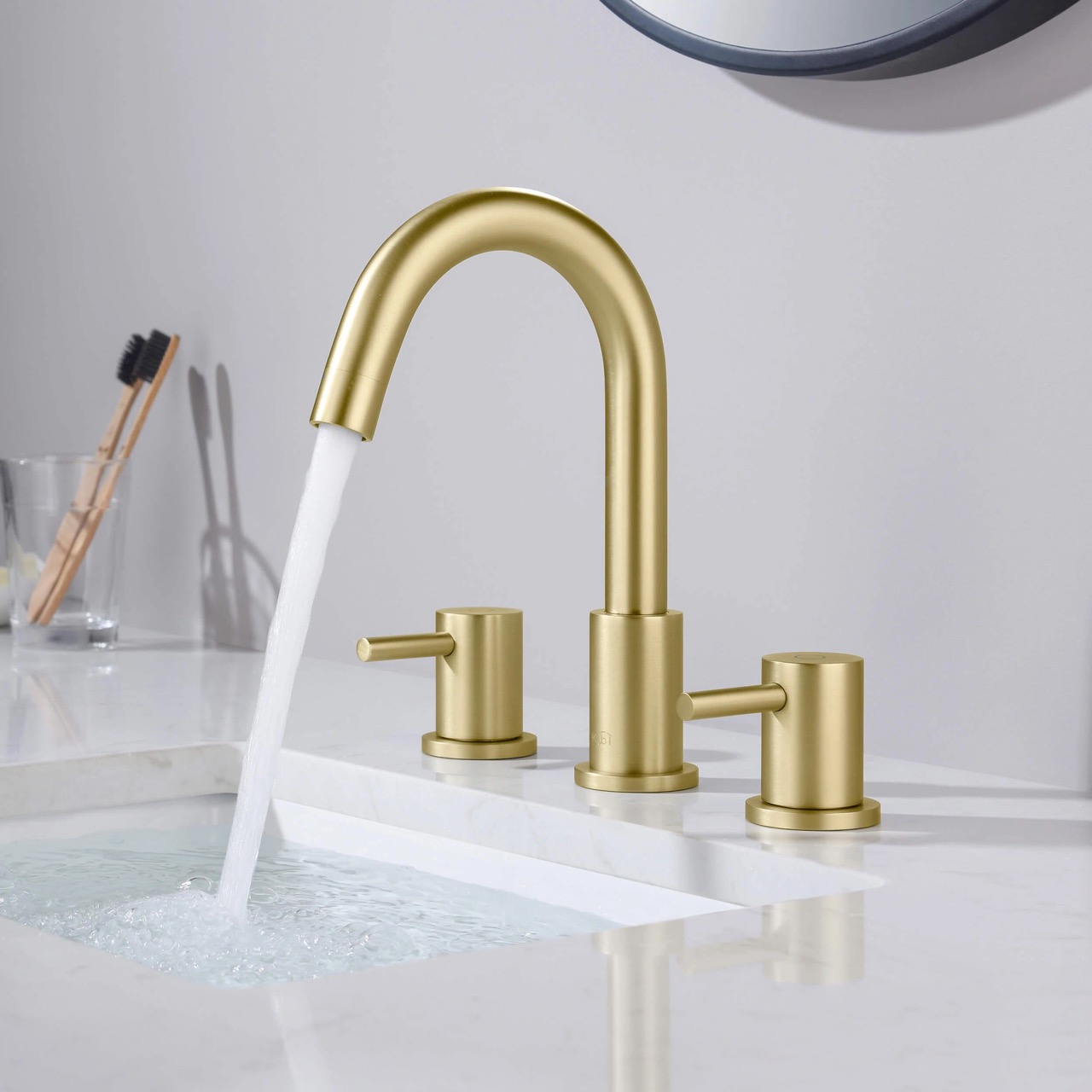

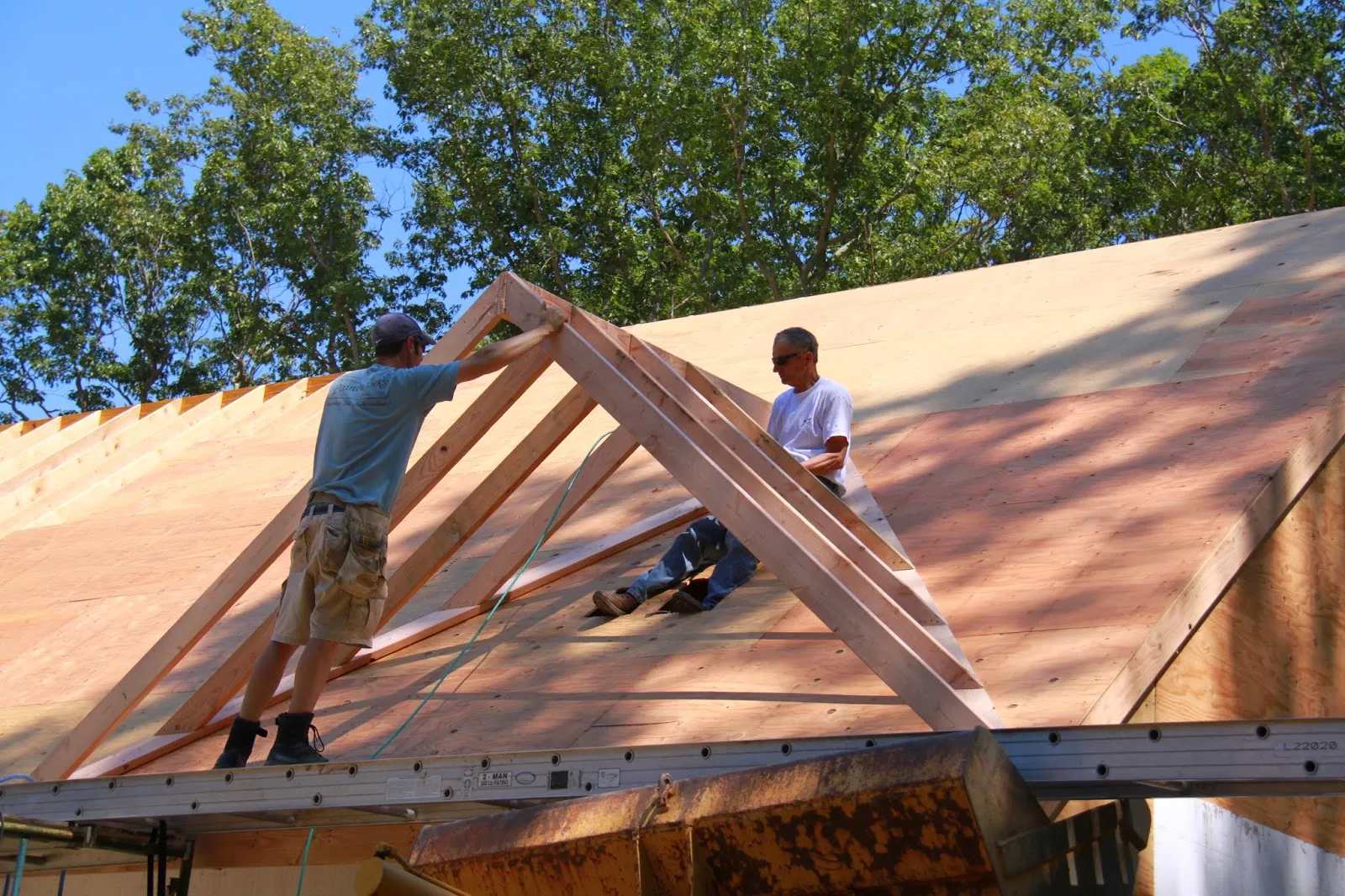
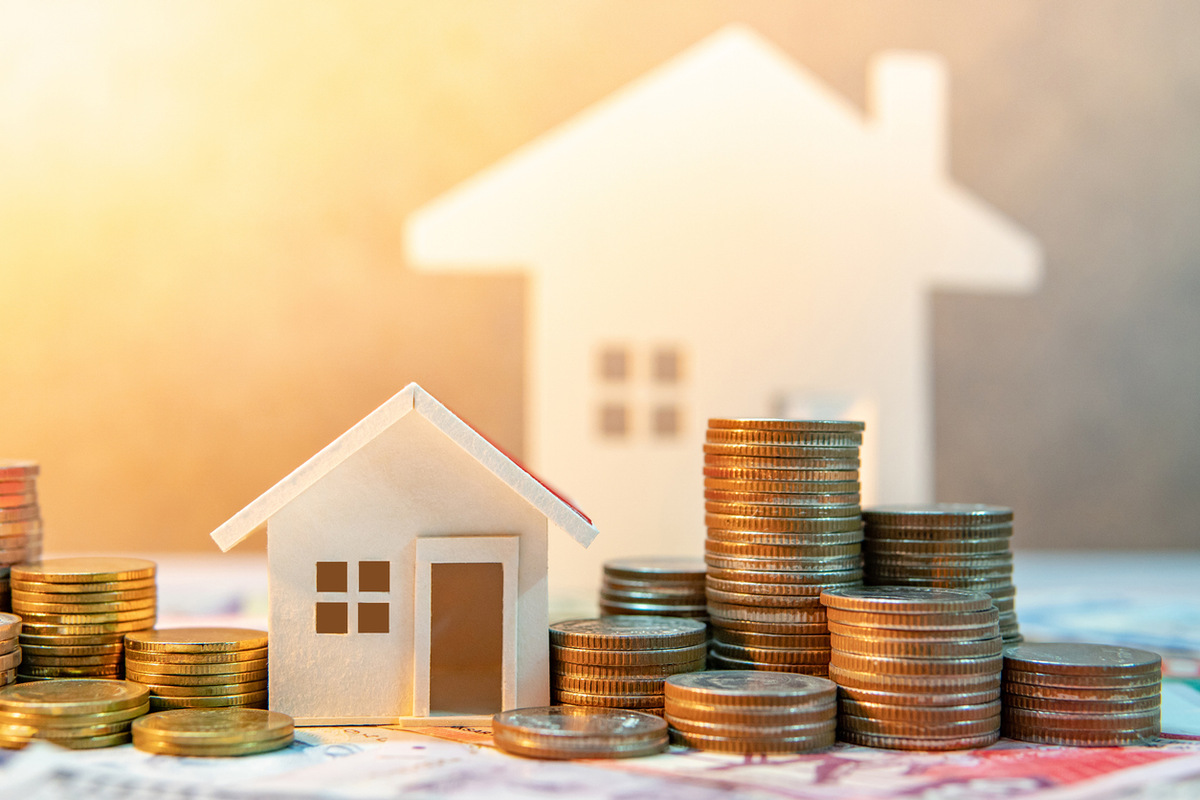
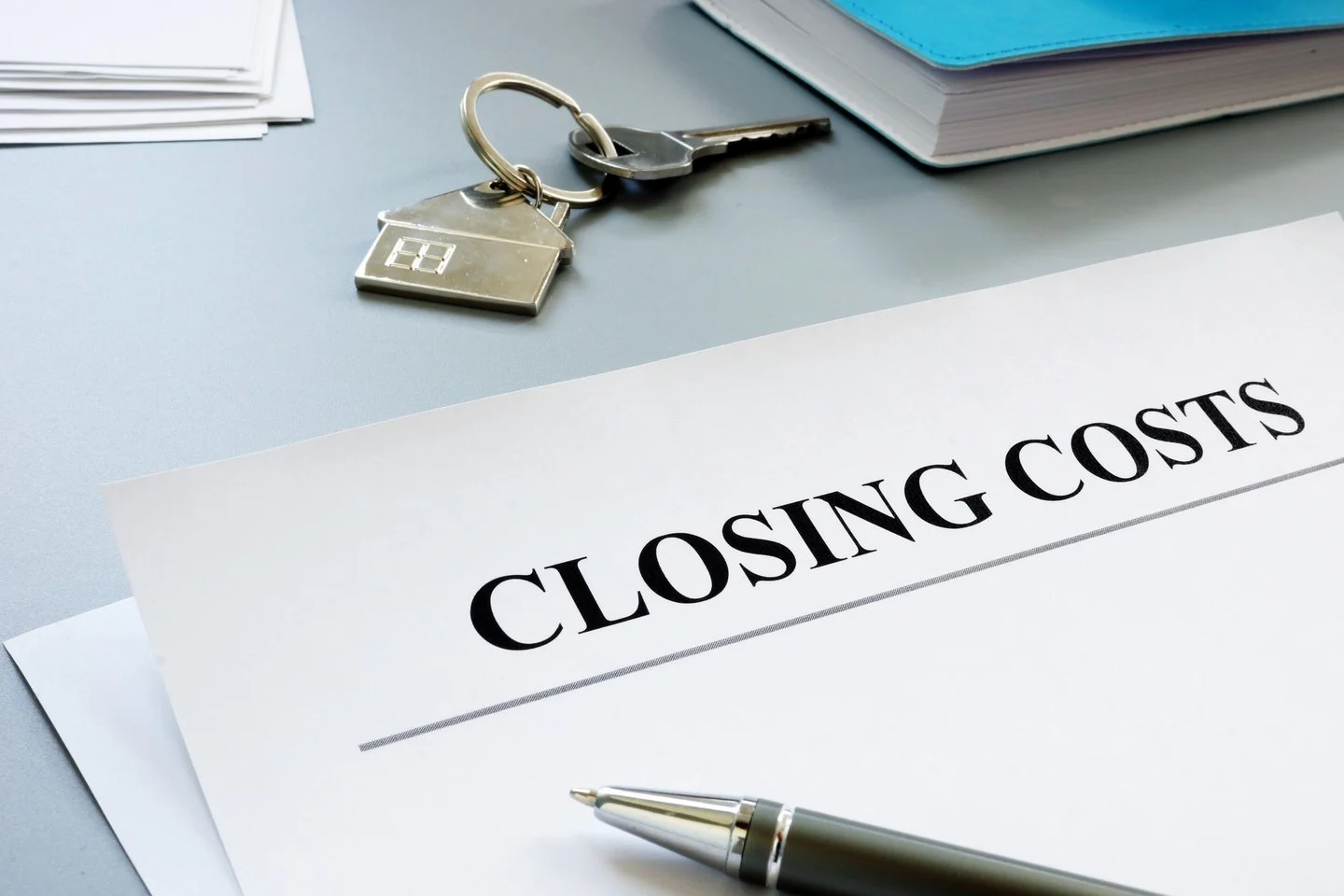
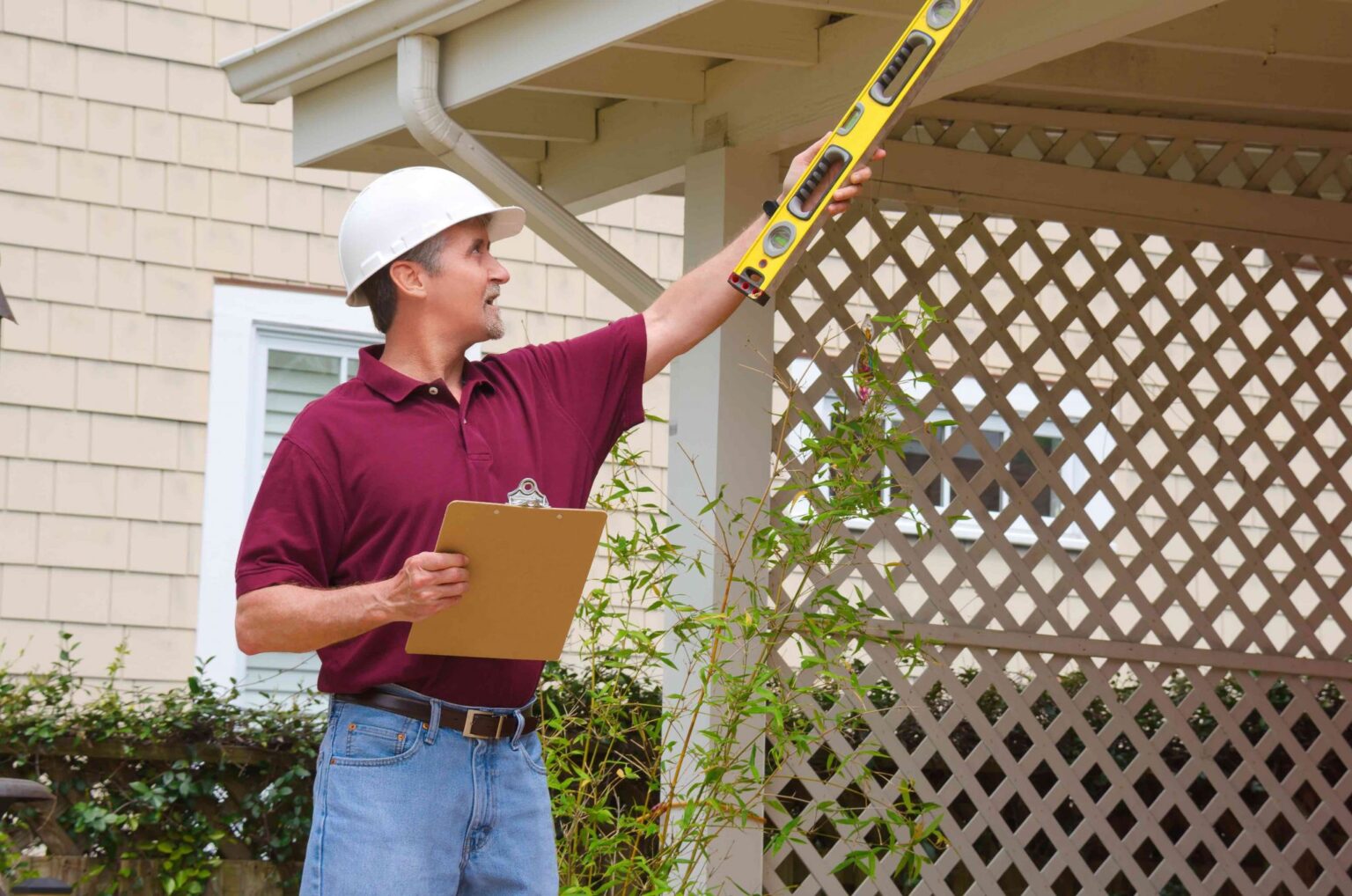
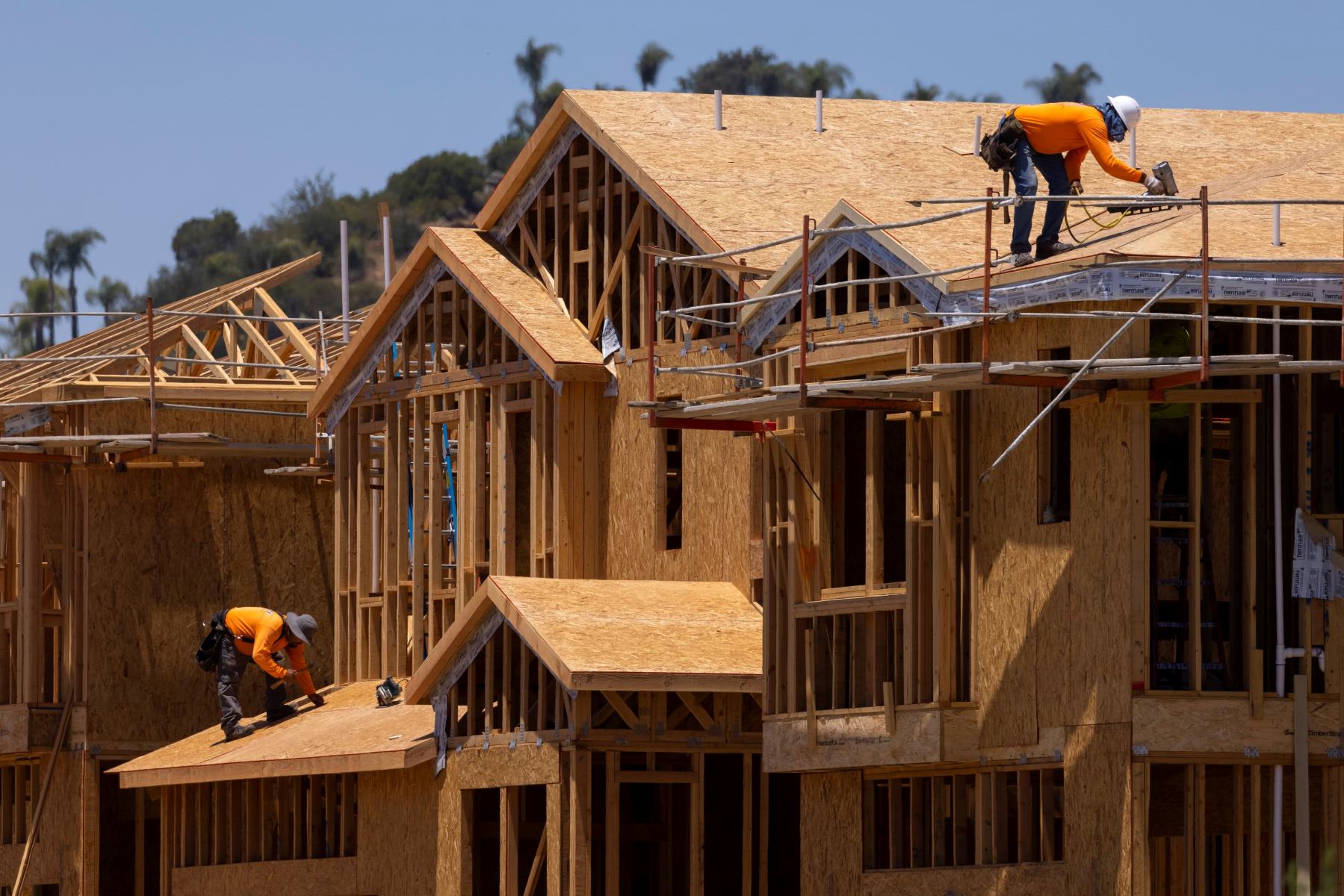
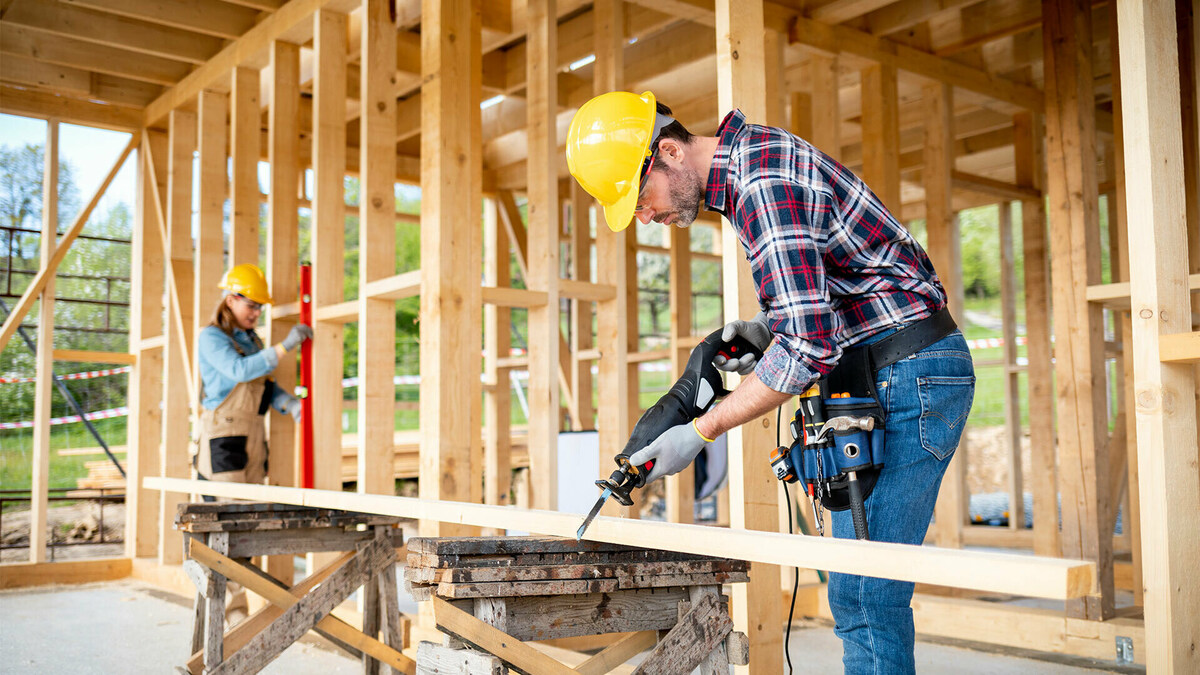
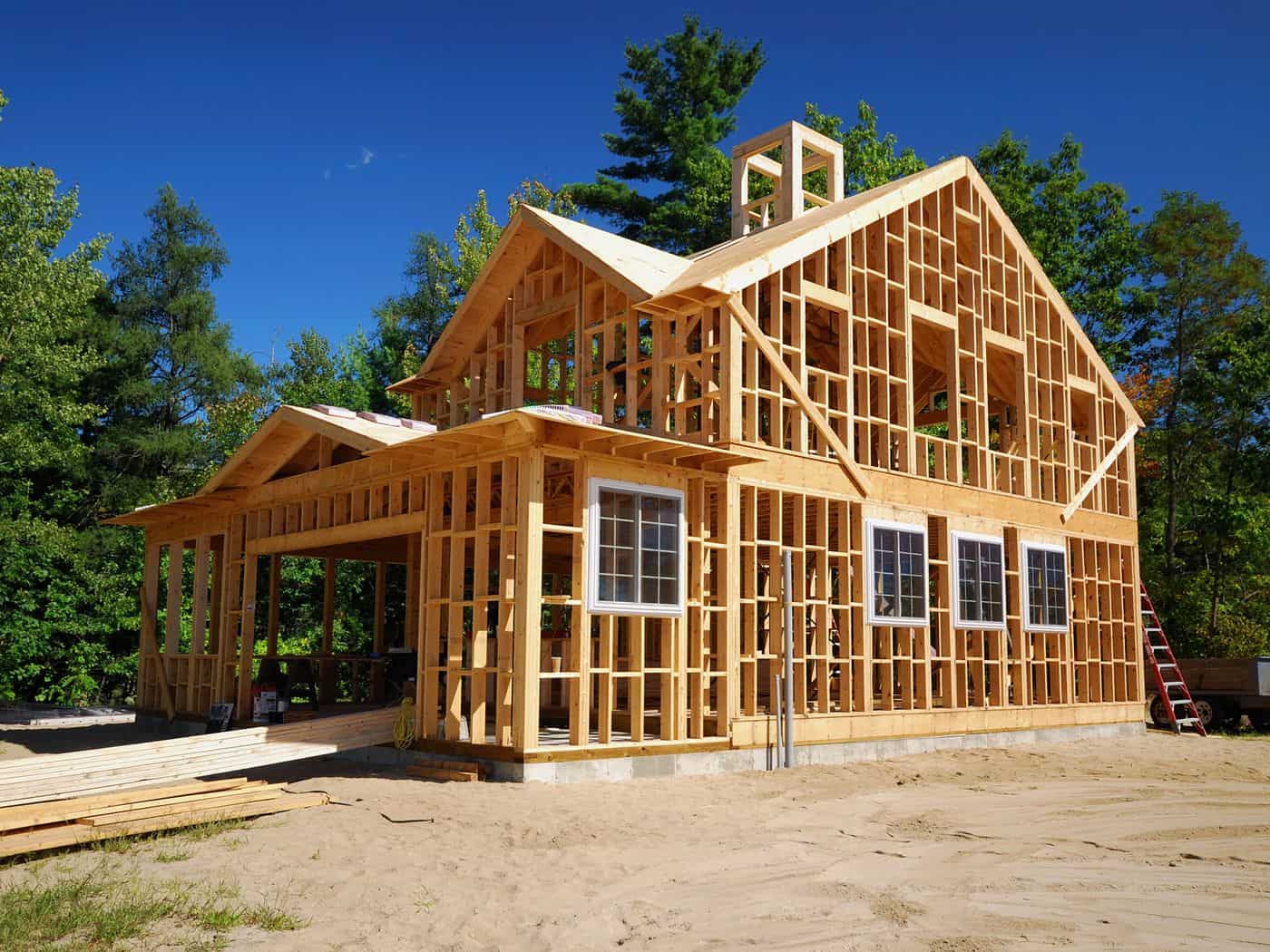
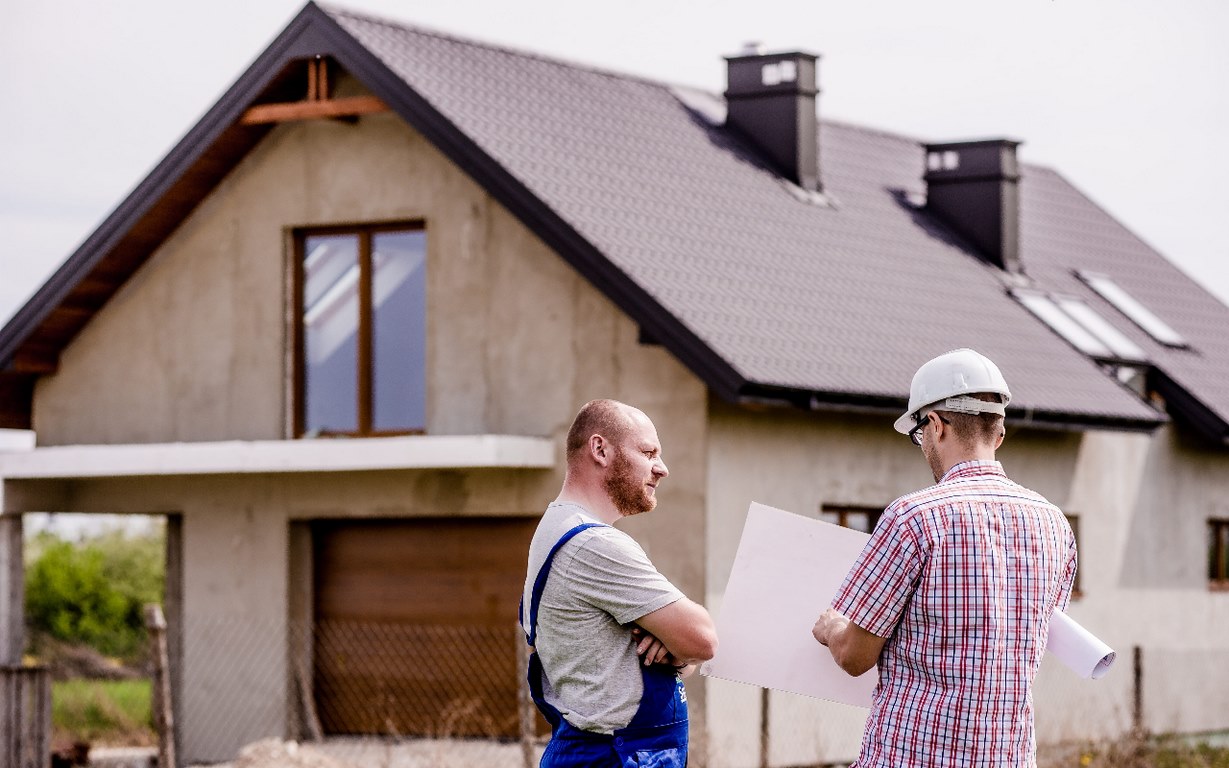

0 thoughts on “Questions To Ask When Building A House”